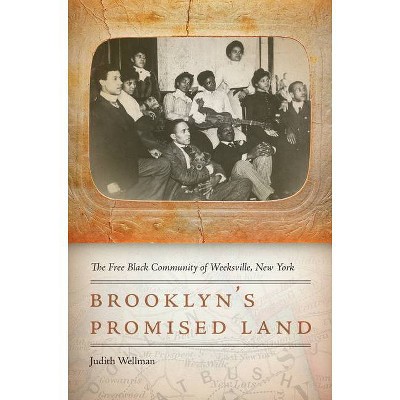Competition in the Promised Land - (National Bureau of Economic Research Publications) by Leah Platt Boustan (Hardcover)
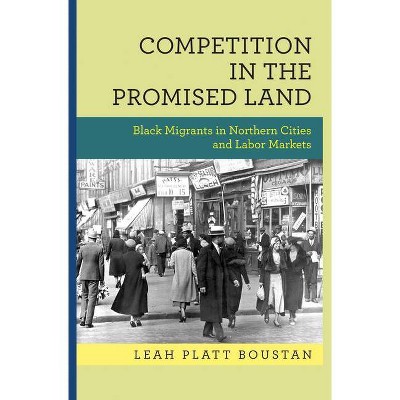
Similar Products
Products of same category from the store
AllProduct info
<p/><br></br><p><b> About the Book </b></p></br></br>" From 1940 to 1970, nearly four million black migrants left the American rural South to settle in the industrial cities of the North and West. Competition in the Promised Land provides a comprehensive account of the long-lasting effects of the influx of black workers on labor markets and urban space in receiving areas. Traditionally, the Great Black Migration has been lauded as a path to general black economic progress. Leah Boustan challenges this view, arguing instead that the migration produced winners and losers within the black community. Boustan shows that migrants themselves gained tremendously, more than doubling their earnings by moving North. But these new arrivals competed with existing black workers, limiting black-white wage convergence in Northern labor markets and slowing black economic growth. Furthermore, many white households responded to the black migration by relocating to the suburbs. White flight was motivated not only by neighborhood racial change but also by the desire on the part of white residents to avoid local public services and fiscal obligations in increasingly diverse cities. Employing historical census data and state-of-the-art econometric methods, Competition in the Promised Land revises our understanding of the Great Black Migration and its role in the transformation of American society. "--<p/><br></br><p><b> Book Synopsis </b></p></br></br><p>From 1940 to 1970, nearly four million black migrants left the American rural South to settle in the industrial cities of the North and West. <i>Competition in the Promised Land</i> provides a comprehensive account of the long-lasting effects of the influx of black workers on labor markets and urban space in receiving areas. <p/>Traditionally, the Great Black Migration has been lauded as a path to general black economic progress. Leah Boustan challenges this view, arguing instead that the migration produced winners and losers within the black community. Boustan shows that migrants themselves gained tremendously, more than doubling their earnings by moving North. But these new arrivals competed with existing black workers, limiting black-white wage convergence in Northern labor markets and slowing black economic growth. Furthermore, many white households responded to the black migration by relocating to the suburbs. White flight was motivated not only by neighborhood racial change but also by the desire on the part of white residents to avoid participating in the local public services and fiscal obligations of increasingly diverse cities. <p/>Employing historical census data and state-of-the-art econometric methods, <i>Competition in the Promised Land</i> revises our understanding of the Great Black Migration and its role in the transformation of American society.</p><p/><br></br><p><b> From the Back Cover </b></p></br></br><p>"In <i>Competition in the Promised Land</i>, Leah Boustan brings original arguments and new evidence to the study of the Great Migration of southern African Americans. The welcome result is an innovative and significant contribution to the literature that demands the attention of all scholars interested in the African American experience."<b>--Stewart Tolnay, University of Washington</b></p><p>"A masterful contribution to understanding twentieth-century black and American history. Combining new data sources with sophisticated historical and economic analysis, Boustan presents important new interpretations of the causes and consequences of black migration from South to North and of 'white flight' from northern urban areas to the suburbs."<b>--Stanley L. Engerman, University of Rochester</b></p><p>"<i>Competition in the Promised Land</i> revisits the economic history of black migration from the American South using state-of-the-art tools from empirical economics applied to fresh historical data. The book's analysis goes far beyond those provided by previous scholars and Boustan is able to reach sharper and more robust conclusions. The writing is exceptional."<b>--Robert A. Margo, Boston University</b></p><p>"The first book-length economic historical treatment of the Great Migration, <i>Competition in the Promised Land</i> offers new findings in a number of areas. Although migration offered a substantial positive return to black Southerners, there were losers as well as gainers. Relying on sound scholarship, Boustan backs her findings with a more rigorous quantitative approach than that of previous studies."<b>--Gavin Wright, Stanford University</b></p><p/><br></br><p><b> Review Quotes </b></p></br></br><br><i>Competition in the Promised Land</i> effectively revises and extends the voluminous scholarship on the Great Migration, demonstrating what the very best of economic history can bring to the study of the history of African Americans.<b>---Keona K. Ervin, <i>Michigan Historical Review</i></b><br><br>Boustan offers several original and valuable insights and extensions [to the existing literature].<b>---Howard Bodenhorn, EH.Net, <i></i></b><br><br>Co-Winner of the 2018 Allan Sharlin Memorial Award, Social Science History Association<br><br>Highly recommended for anyone studying mid-twentieth-century black migration in the United States and racially segregated labor markets and housing patterns in northern American cities.<b>---Farley Grubb, <i>Journal of Southern History</i></b><br><br>In her rich and technical account <i>Competition in the Promised Land</i>, Leah Boustan employs the tools of her trade--resourceful matching of data sets, rigorous modeling of labor phenomena, sweeping use of census figures--to analyze the demographics and economics of the Great Migration as a whole.<b>---James Ryerson, <i>New York Times Book Review</i></b><br><p/><br></br><p><b> About the Author </b></p></br></br><b>Leah Platt Boustan</b> is professor of economics at the University of California, Los Angeles, and a research associate at the National Bureau of Economic Research.
Price History
Price Archive shows prices from various stores, lets you see history and find the cheapest. There is no actual sale on the website. For all support, inquiry and suggestion messagescommunication@pricearchive.us
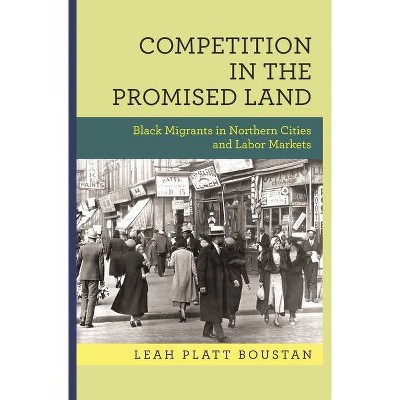

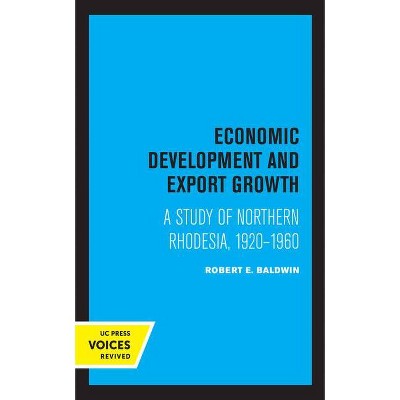
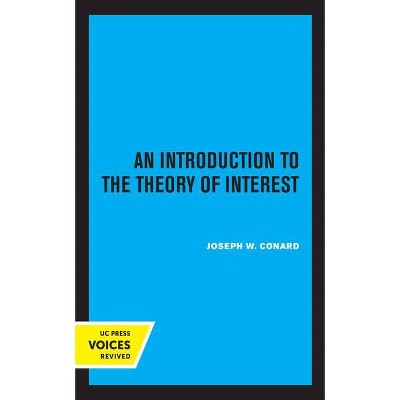

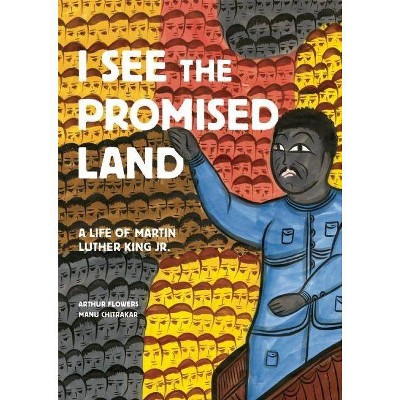
![Red Dwarf: The Promised Land [DVD]](https://pisces.bbystatic.com/image2/BestBuy_US/images/products/3507/35079307_so.jpg)

